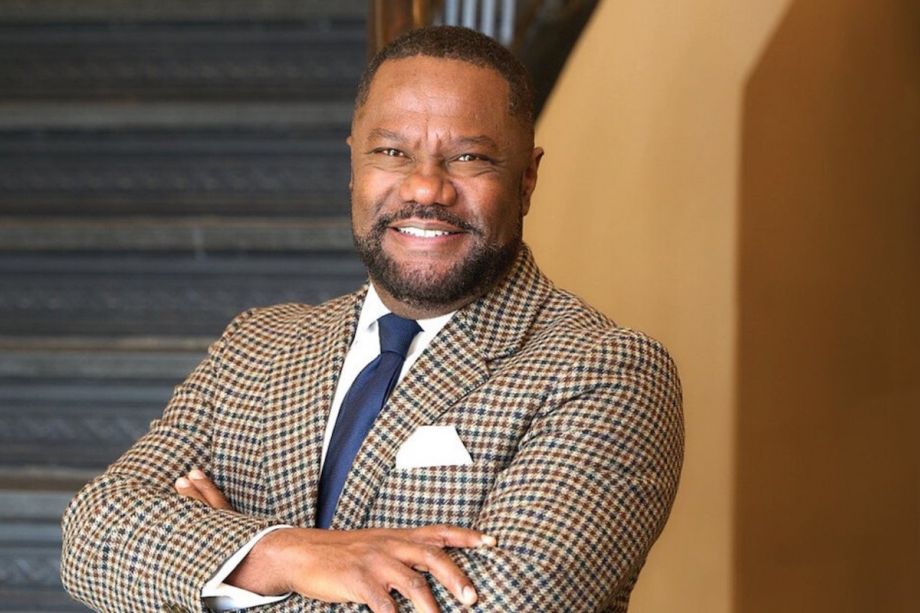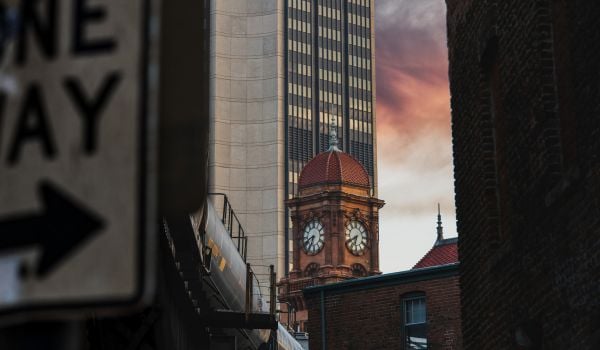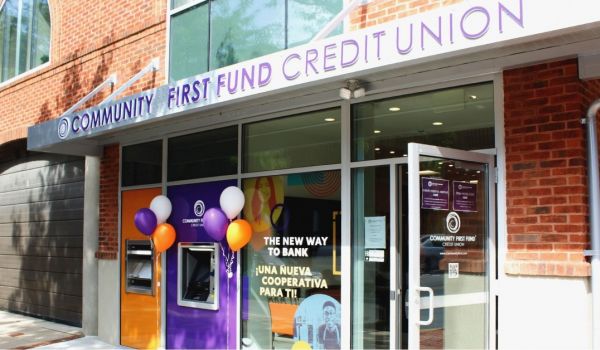The former CEO of Carver Federal Savings Bank, the nation’s largest publicly-traded Black bank, recently took on a new gig. Michael Pugh was tapped in September 2023 to head the largest community development organization in the country. LISC has invested more than $32 billion in loans, grants and equity since 1979 and operates in 49 states and Puerto Rico.
Taking over at LISC is a natural next step for Pugh, who entered the financial world as a bank teller while in college 30 years ago. After serving in top posts at financial institutions such as Capital One, Pugh joined Carver in 2012 as chief revenue officer and became CEO three years later. Harlem-based Carver, a CDFI bank, was founded in 1948 and developed into one of the most well-known and largest Black financial institutions by serving mainly African and Caribbean communities in the greater New York region.
Pugh took over Carver during a time of financial stress and restored some financial health. He grew assets to $723 million from $676 million in 2015 and expanded online services beyond New York. The bank, though, has suffered losses in recent years.
We spoke with Pugh about his jump to the nonprofit sector from banking, his view of the role of artificial intelligence in finance, and what’s top of mind for the future of LISC.
You have a bachelor’s degree in healthcare administration. How did you go from that to banking?
I come from a family of healthcare providers. I did an internship at a nursing home as part of geriatric physical therapy. You could play such an important role in making a difference with patients. But it was a very tough thing to go home after a productive day, come back and your patient had died.
So, I didn’t think I was wired for such an important type of work.
Can you tell us about your transition into the philanthropy sector from banking?
I felt very passionate about the work I was doing [at Carver]. I felt a certain affinity as an African American, of course, being at an institution that was formed by a group of African and Caribbean Americans. We helped to digitize that organization, taking [Carver] to nine states from Massachusetts to Virginia, including Washington, D.C. It was growing.
I felt LISC offered a very unique opportunity: 26 cities, 38 offices across the country, more than 120 financial opportunity centers. We’ve leveraged more than $80 million to help with affordable housing. When you start to put all those pieces together, it’s an opportunity to do more of what I love, which is having an impact and making a difference. I believe my purpose is to use my financial services skills and knowledge (to help) improve the quality of life for everyday Americans.
What programs or initiatives did you launch at Carver that you’re particularly proud of?
We have more than 40 million Americans that have thin credit or no credit that eliminates them from participating in the credit cycle.
There are several things we do daily that don’t get included in our overall credit spectrum or credit decisioning, such as making utility payments on time. So, we partnered with a FinTech to use alternative credit scoring metrics that [allowed entrepreneurs] to access capital. The lending in that space recorded a 0% default rate.
I was also very proud of (our initiative in the) green energy space where we provided assistance and forgivable grants to help women entrepreneurs reduce the carbon footprint (of their businesses.) Here at LISC, as part of a climate resiliency focus, we have [been awarded $2 billion in Greenhouse Gas Reduction Fund grants, as part of a coalition that includes Enterprise Community Partners, Rewiring America, Habitat for Humanity and United Way] that would allow us to do some very similar work on a much bigger scale.
Do you think AI can be a good thing for the finance sector?
I think so, if done responsibly. I believe AI is a tool we can leverage to overcome [financial] barriers and bring more people into the fold. It’s a potential source of credit solutions and alternative credit scoring that could open doors.
Another big issue top of mind for CDFIs is affordable housing. What are your priorities there?
Housing is where (LISC) started, and it remains one of our top priorities and area of greatest investment. Since our founding in 1979, we have injected more than $30 billion to create and preserve affordable housing in communities across the country, resulting in nearly 500,000 homes. We provide grants, loans and equity for nearly every aspect of the development process, and offer technical assistance, data and mapping tools to community-based organizations. Quality housing is integral to wellbeing, to everything from good health and strong schools to community safety and small business growth. It forms the core of vibrant communities.
This story is part of our series, CDFI Futures, which explores the community development finance industry through the lenses of equity, public policy and inclusive community development. The series is generously supported by Partners for the Common Good. Sign up for PCG’s CapNexus newsletter at capnexus.org. This story has been updated to reflect LISC’s total investments and locations and to correct the size of the Greenhouse Gas Reduction Fund grant LISC received with its partners.
Christopher C. Williams is a New Jersey-based freelance financial writer. He worked for many years with Dow Jones Newswires and Barron’s Financial Weekly and has contributed to publications including the Wall Street Journal, The New York Times and Essence magazine. He focuses on the intersection of business, economic equity and racial justice.

















Add to the Discussion
Next City sustaining members can comment on our stories. Keep the discussion going! Join our community of engaged members by donating today.
Already a sustaining member? Login here.